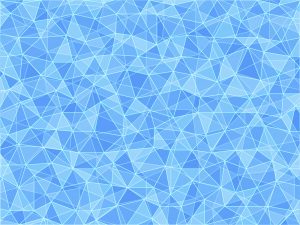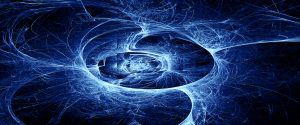Neural Networks and the Data Science Revolution: from Theoretical Physics to Neuroscience, and Back: January 6-31, 2020
Organized by: Michael R. Douglas, Sergei Gukov, Jim Halverson, Sven Krippendorf, Fabian Ruehle, Giancarlo La Camera, Luca Mazzucato, Jin Wang Live video may be available, please take a look at https://scgp.stonybrook.edu/live. The availability of very large datasets and the striking progress in artificial intelligence are revolutionizing the way scientists approach their disciplines. The deployment of … Read more









